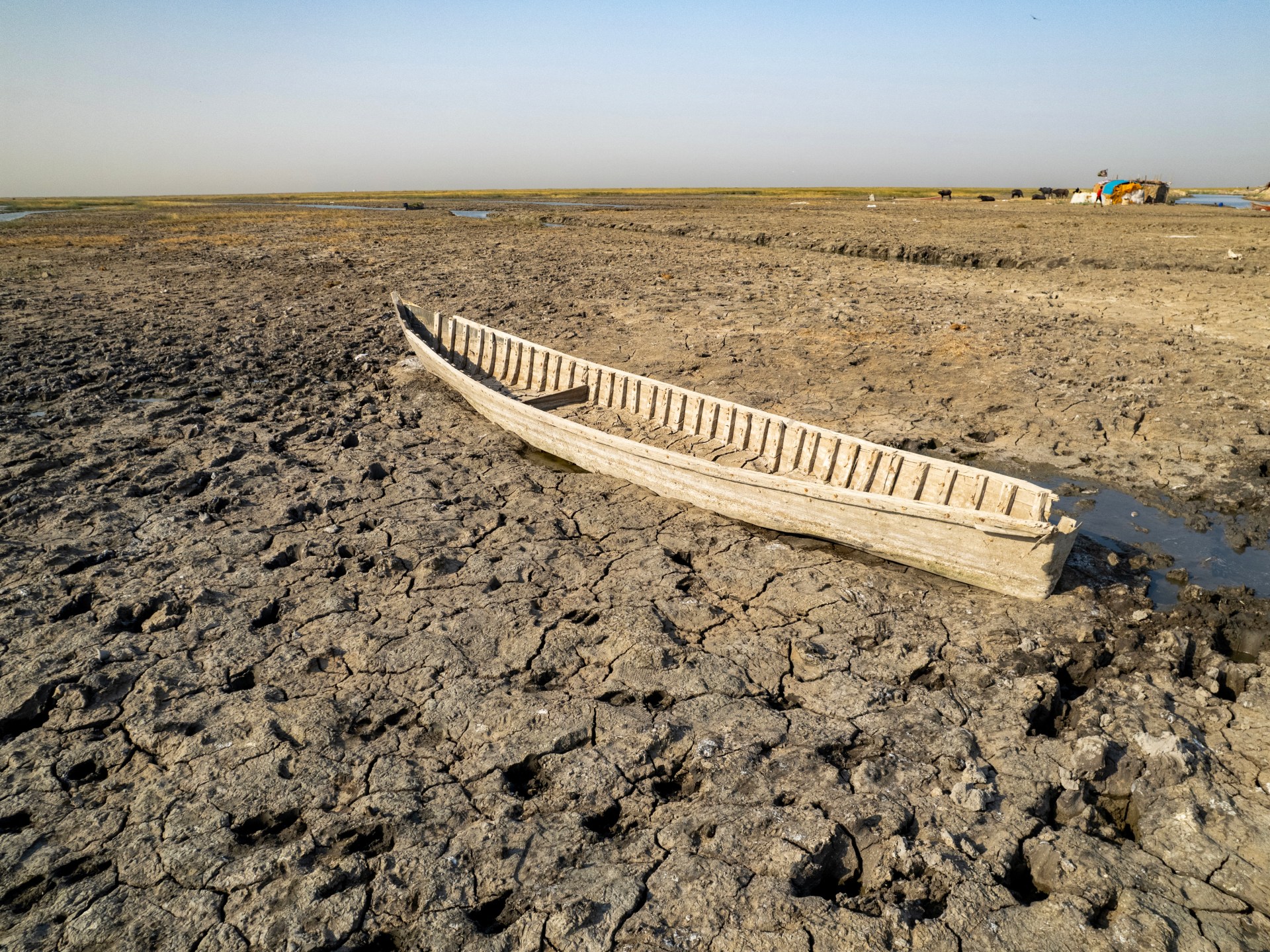In Basra, a vital port and oil hub, there is a humanitarian crisis being experienced in the southern region of the nation, which is being caused by drought and water shortages.
Nearly 3.5 million people live in Basra, which is the most water-scarce and climate-vulnerable region in Iraq, and are severely affected by inadequate water management.
Many people in need of daily water deliveries to ensure their health and survival are forced to rely on it.
Hasan Raykan, a resident of Basra, must travel a few kilometers each day to get his fair share of clean water. He claims that the budgeted funds hardly meet the needs of his family.
According to Raykan, “I have to get up early, leave my job, and stand in long lines to bring [water] home.”
“We have to control the ratios between domestic use and livestock in many cases.” Polluted seawater near our homes can lead to skin diseases.
Oil spills, agricultural runoff, and sewage discharge have all further deteriorated the quality of seawater, which is already unsuitable for human consumption.
Additionally, the Gulf’s saltwater has been steadily moving upriver thanks to the Shatt Al-Arab River, which supplies water from the Tigris and Euphrates, increasing salinity levels in the Basra region. Additionally, dams upstream are reducing the flow of freshwater.
The Abul Khaseeb district’s Mihayla desalination station has been in operation for more than a year.
High salt content water from the Shatt Al-Arab River is treated using a unique technique.
Sa’dun Abbud, senior engineer at the Mihayla Water Desalination Station, stated to Al Jazeera, “We produce nearly 72, 000 cubic meters]19 million gallons] of treated water every day, serving about 50% of Abul Khaseeb district.
Nearly 40, 000 total dissolved solids have been found in the Shatt Al-Arab River. The river is returned to the river after being desalinated.
Without prompt government intervention, the water crisis will only get worse, according to experts.
According to Alaa Al-Badrani, a water expert, “Basra has lost 26 to 30 different marine species.”
This has resulted in a new, hybrid environment that is neither suitable for freshwater nor seawater species. The water is also unfit for agriculture because the salinity is rising.
According to Hayder Al-Shakeri, research fellow in Chatham House’s Middle East and North Africa program, “Iraq’s water crisis is also the result of upstream restrictions and domestic neglect,” while lower rainfall and rising temperatures are global challenges.
Al-Shakeri claimed that corruption and self-interest in Iraq’s political elites make it easier for its neighbors Turkiye and Iran to negotiate deals that aren’t necessarily beneficial for the country.
In 2018, the water crisis was at its worst, with more than 118 hospital admissions indicating contamination. Fears of an outbreak are now resurrected.
Source: Aljazeera

Leave a Reply